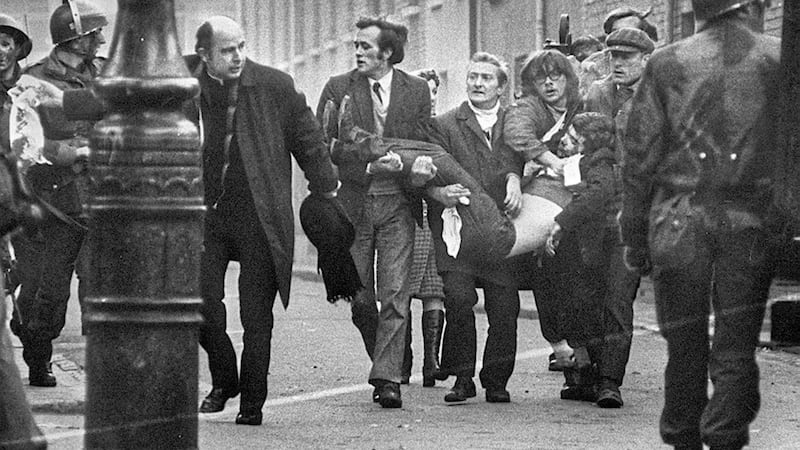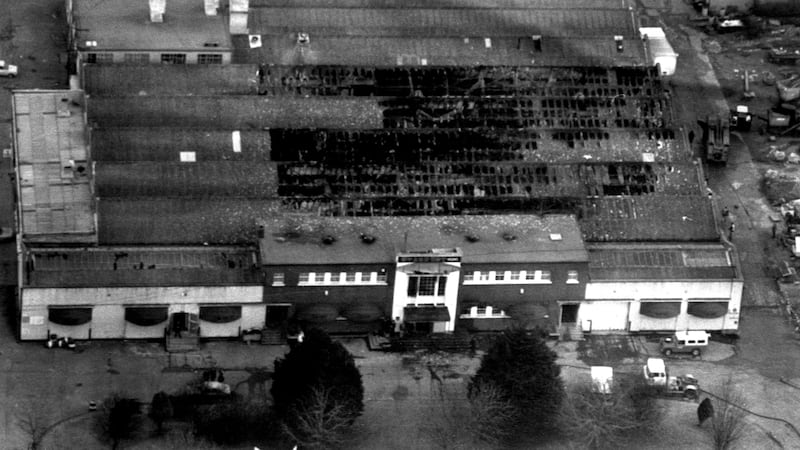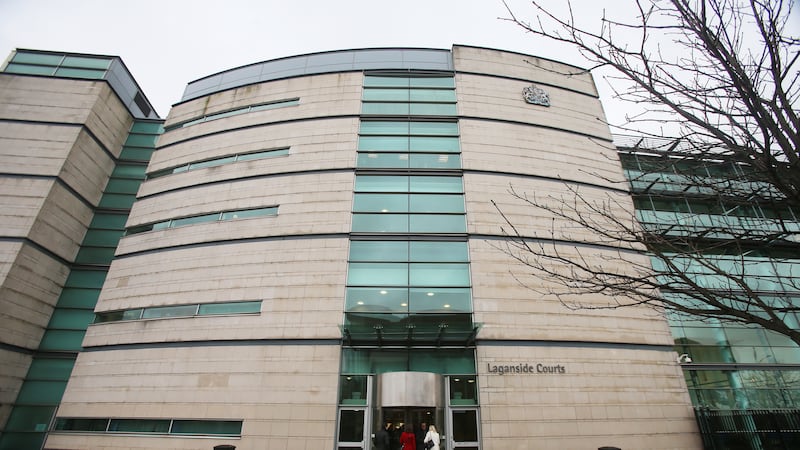THE Northern Ireland Office (NIO) has apologised after the names of former British soldiers linked to the killings of Catholic civilians on Bloody Sunday were made public in official documents.
The four former squaddies, including one known as Soldier F, are alleged to have taken part in the massacre of 14 innocent men in January 1972 during a civil rights march.
Soldier F faced two murder charges in respect of the Bloody Sunday killings of William McKinney and Jim Wray but these were later halted by the Public Prosecution Service.
Earlier this year the High Court in Belfast quashed that decision.
Another former paratrooper, Soldier G, who has been linked to three deaths, has also been identified by name in the document.
The former paratroopers known as Soldier E and Soldier H have also been named.
It is understood Soldiers E and G are both now dead.
Those identified have previously been granted anonymity.
The names of the former soldiers were revealed in documents made available through the British National Archives last year.
Online access to the papers was closed last week and in a statement last night the NIO said it is carrying out "an urgent review of the process for publishing digital documents in The National Archives".
The document, which was headed "restricted-policy" and understood to include material presented to the NIO in 1997, contains a series of claims relating to Bloody Sunday.
One section of the report includes allegations made about several of the ex-soldiers.
The document describes how civilians were shot in the Glenfada Park area and how one soldier fired at a wounded man as he lay on the ground killing him.
The statement adds that some of the terrified civilians were shot as they held their hands in the air.
In a statement the NIO said: “We unreservedly apologise to those that may be affected and we are in touch with them to offer support.
"A copy of this file without all the necessary redactions was released in error."
"As soon as we became aware of this issue we notified The National Archives who removed it from their digital platform."
The spokesman said the file will be "made available again as soon as possible with all the appropriate redactions".
“The NIO is undertaking an audit of all its digital archives and has carried out an urgent review of the process for publishing digital documents in The National Archives," the statement said.
"We have made immediate improvements to ensure such an oversight does not happen again."
Asked who it had apologised to a spokesman for the NIO said "we do not have anything further to add to our statement."
Earlier this year the Irish News revealed how Bloody Sunday campaigner John Kelly, whose brother Michael was killed, was told along with several others that Attorney General Brenda King was considering whether to commence contempt of court proceedings after material identifying Soldier F was circulated on social media last year.
It was later confirmed Mr Kelly would not be prosecuted.
SDLP leader Colum Eastwood has used parliamentary privilege to identify Soldier F during a Westminster debate.








